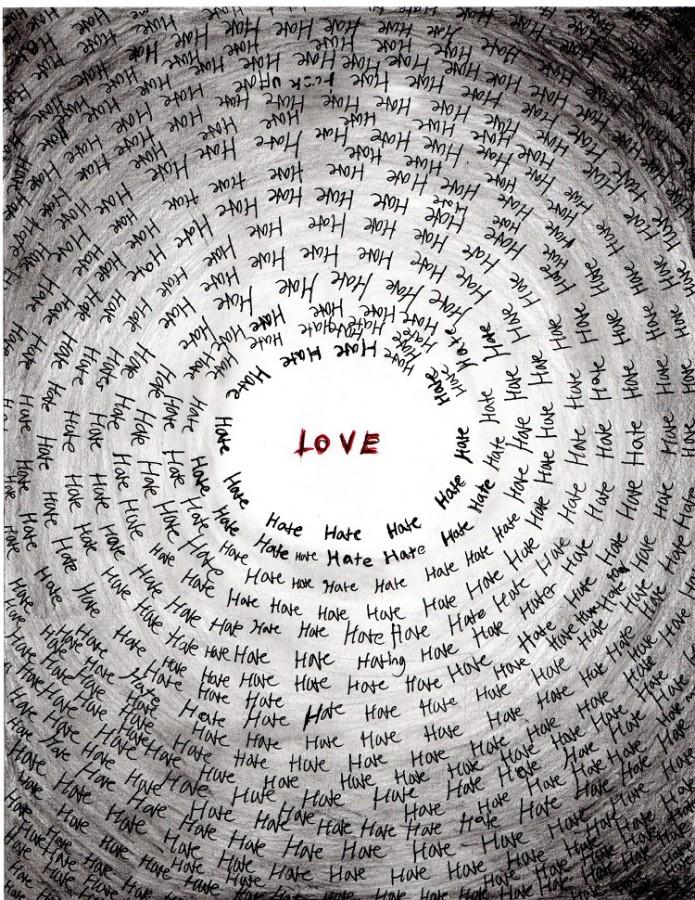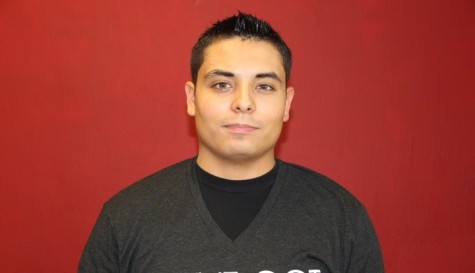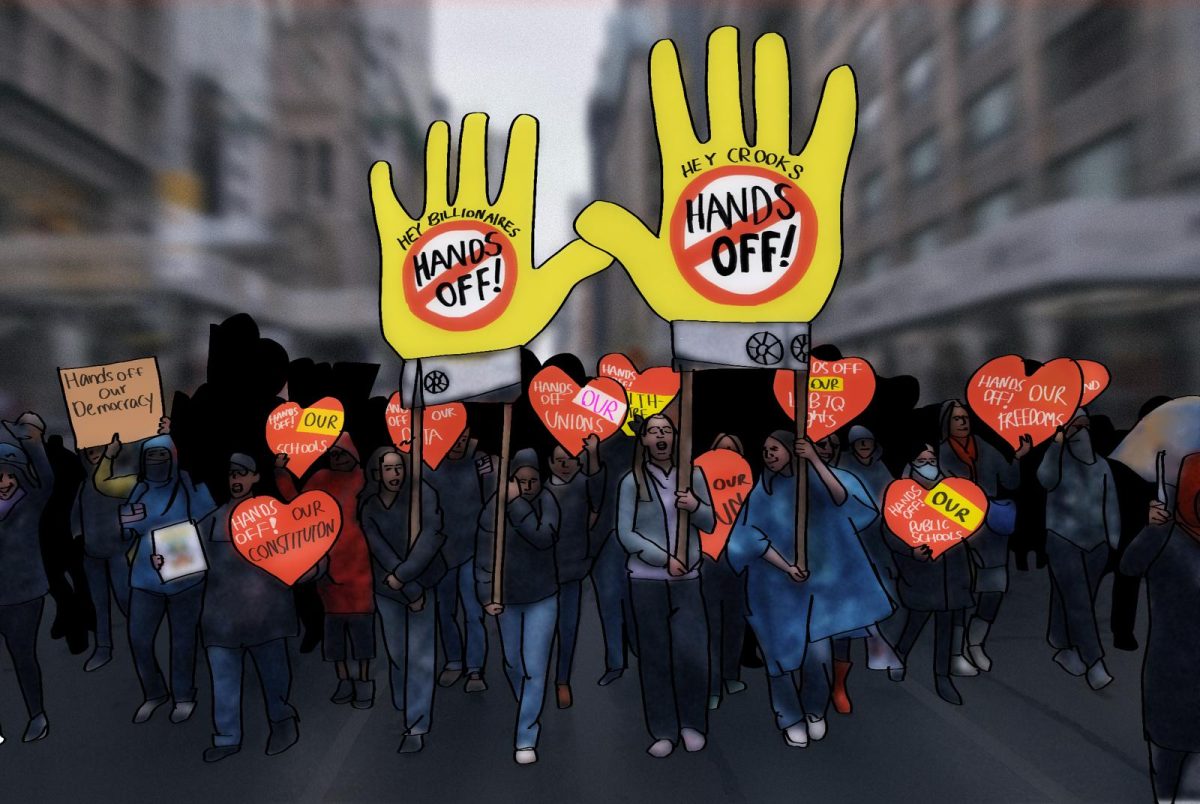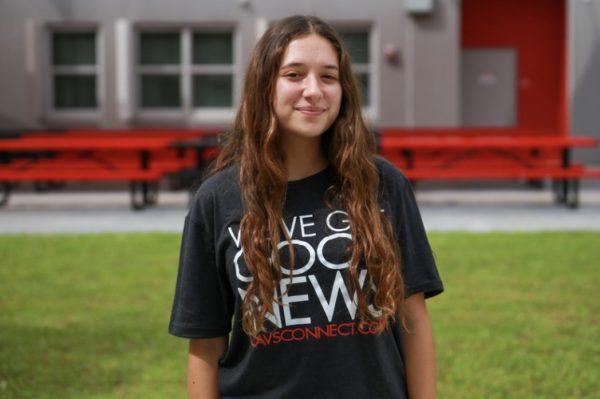Is ‘I Love You’ Overused?
Has the phrase ‘I Love You’ lost its value?
Nov 18, 2014
In today’s society, it has become habitual to use supposedly meaningful phrases to the extent in which they begin to lose their value. ‘I love you’ is one of those phrases that is easily tossed around to either get what you want, for praise, or simply because it seems like the right thing to say at a certain moment. Sadly, these type of phrases will quickly fall into oblivion.
The true meaning of ‘I love you’ can be interpreted differently depending on who you are saying it to. When you say it to your parents, the connotation of the phrase is different to when you say it to your friend or significant other. Loving someone means you value their strengths, flaws and their way of being as a whole. The more we say it without purpose, the phrase loses its significance.
“I used to think the phrase ‘I love you’ had been tossed around without much thought about what it actually means to love someone. But in reality, the phrase just works differently for everyone. Just because you take five months to say it, while another couple takes one week, doesn’t mean the latter is wrong. It just carries a different meaning for each individual,” senior Rachel Puentes said.
Overusing the phrase ‘I Love You’ doesn’t fully extract the true meaning from it. Some people say it to their friends because they do mean it, but it doesn’t necessarily indicate they mean it to the same extent when saying it to a significant other. Expressing your love for someone doesn’t have to be limited to literally telling them you love them. You show others your love by thanking them for their valued presence, gifting them with something they really like or by keeping them in mind.
“I actually don’t think it’s used a lot, especially with our age group. For example, whenever I hear ‘I love you’ besides coming from families and stuff, it’s being shared from one of my friends to me or to another in a group because of all the things we have gone through together. In this case, there is a significant meaning, especially coming from the person it’s being shared with,” senior Francheska Choiseul-Praslin said.
Even though sometimes we do intentionally mean when we say we love someone, simply saying the phrase doesn’t cut it. Because it is thrown around so easily, when we actually do mean it, it is devalued. People tend to give and appreciate love every chance they get, mostly because they don’t know what can happen the next second. If you hesitate to say it to one of your friends because you hear it around too much, remember that there are numerous ways you can express your love towards them without using the phrase ‘I love you’.













Bob T. • Feb 16, 2020 at 12:23 am
I came across this thread by accident, and it caught my attention because I have been a recipient of many empty” I love you” I am 84 years old and have heard the phrase more in the last ten years than the previous 74 years. I don’t believe I have gained more people who actually love me as those that believe I will drop dead in the next few minutes and name them in my will because they love me.
Be careful how you use the phrase or people will start doubting your sincerity. Use something as “I like you a lot”,( but not too often) and they might actually think that you do.